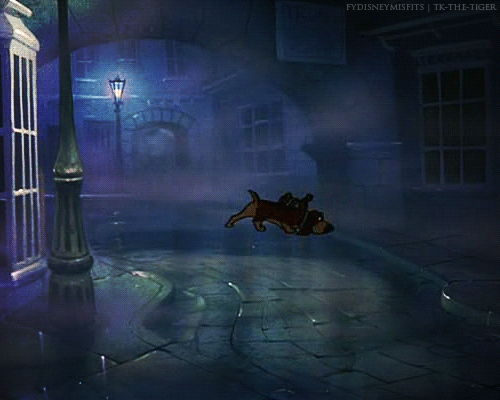晩春 (1949)
aka Late Spring
This is the second Ozu I've seen, and it's quite similar to A Hen in the Wind. If anything, it's even less eventful of the two films, and I already called the other one barebones and less-is-less cinema.

Again, I have difficulties in getting the character dynamics and motivations. Is the daughter in love (romantically) with her father, or why is she so against someone else taking care of him? Also, her change of stance concerning the marriage seems to lack any reason (except maybe her just accepting her place in society). There's just too little anything to make me feel invested.
I don't want to spew too much hatred on the film because I know the issue is about compatibility, but I don't enjoy watching these mundane and uneventful stories. Late Spring is about as dull and boring as my life, and that's not what I want from movies. I don't even know what to write about it, so I'll just stop here.
aka Late Spring
This is the second Ozu I've seen, and it's quite similar to A Hen in the Wind. If anything, it's even less eventful of the two films, and I already called the other one barebones and less-is-less cinema.
Again, I have difficulties in getting the character dynamics and motivations. Is the daughter in love (romantically) with her father, or why is she so against someone else taking care of him? Also, her change of stance concerning the marriage seems to lack any reason (except maybe her just accepting her place in society). There's just too little anything to make me feel invested.
I don't want to spew too much hatred on the film because I know the issue is about compatibility, but I don't enjoy watching these mundane and uneventful stories. Late Spring is about as dull and boring as my life, and that's not what I want from movies. I don't even know what to write about it, so I'll just stop here.


